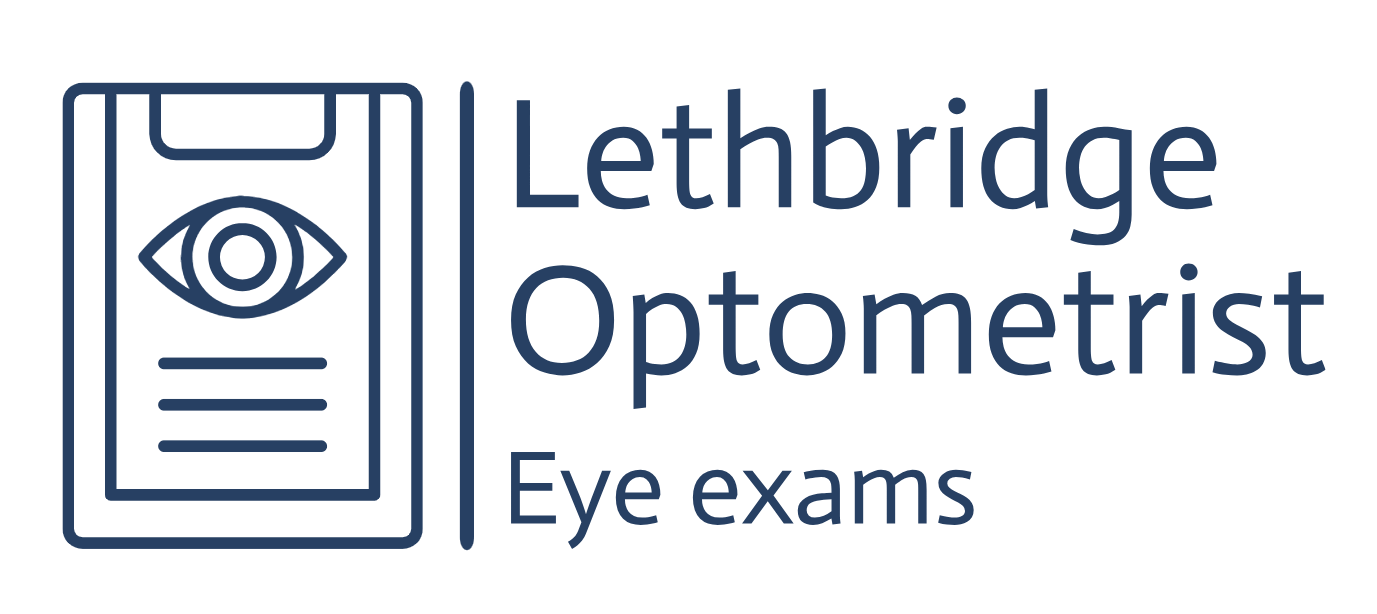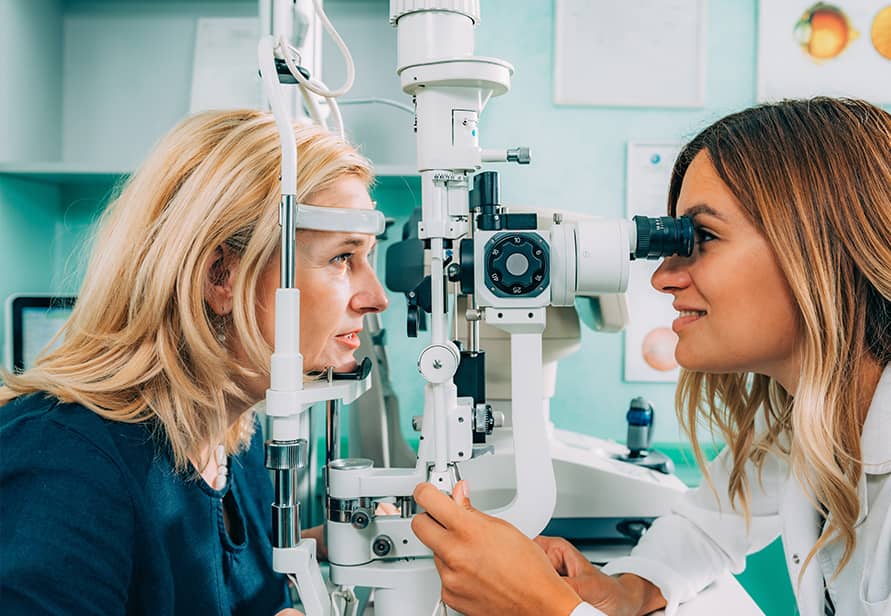Your eyesight is precious, yet it’s easy to take it for granted until problems arise. Regular eye exams are crucial for maintaining good vision and detecting potential issues early. Whether you wear glasses, contact lenses, or have no current vision problems, scheduling routine eye exams should be a priority for everyone.
Early Detection of Vision Problems
Regular eye exams help in the early detection of vision problems such as nearsightedness (myopia), farsightedness (hyperopia), and astigmatism. These common refractive errors can often be corrected with prescription glasses, contact lenses, or in some cases, refractive surgery. Detecting these issues early ensures that corrective measures can be taken promptly, preventing further deterioration of your vision.
Monitoring Eye Health
Eye exams are not just about vision correction; they also play a critical role in monitoring your overall eye health. Optometrists can detect various eye conditions and diseases during routine exams, including:
- Glaucoma: A group of eye diseases that can cause damage to the optic nerve, leading to vision loss if left untreated.
- Cataracts: Clouding of the lens of the eye, which can impair vision and require surgical intervention.
- Macular Degeneration: A leading cause of vision loss among older adults, affecting central vision.
Detection of Systemic Health Conditions
Believe it or not, your eyes can provide valuable insights into your overall health. During an eye exam, optometrists may detect signs of systemic health conditions such as diabetes, hypertension (high blood pressure), and autoimmune diseases. Changes in the blood vessels in the retina can indicate these health issues, prompting early intervention and management.
Children’s Eye Health
Early childhood is a critical time for vision development. Children should have their first comprehensive eye exam at around six months of age, followed by additional exams at ages three and five, and then annually thereafter. Early detection and treatment of vision problems in children are crucial for their learning and development.
Personalized Care and Advice
One of the significant benefits of regular eye exams is the personalized care and advice you receive from your optometrist. They can recommend the best solutions for your specific needs, whether it’s updating your prescription, fitting you with contact lenses, or discussing preventive measures to protect your eye health.
How Often Should You Have an Eye Exam?
The frequency of your eye exams depends on several factors, including your age, overall health, and any existing eye conditions. As a general guideline:
- Children: Pediatricians often check for basic eye health during regular check-ups. Schedule comprehensive eye exams if there are concerns about vision or eye health.
- Adults: If you’re under 40 and have no known vision problems, a comprehensive eye exam every two years is usually sufficient. If you wear glasses or contacts or have a family history of eye disease, annual exams are recommended.
- Seniors: Adults aged 60 and older should have annual eye exams to monitor for age-related eye conditions such as cataracts, glaucoma, and macular degeneration.
Conclusion
Your eyes are irreplaceable, and taking care of them should be a priority. Regular eye exams not only ensure clear vision but also play a crucial role in maintaining overall eye health and detecting potential health issues early. Don’t wait until you notice changes in your vision—schedule your next eye exam today and invest in the health of your eyes for years to come.
For personalized eye care and comprehensive exams, we are here to help. Contact us today to schedule an appointment and take the first step toward healthy vision.

